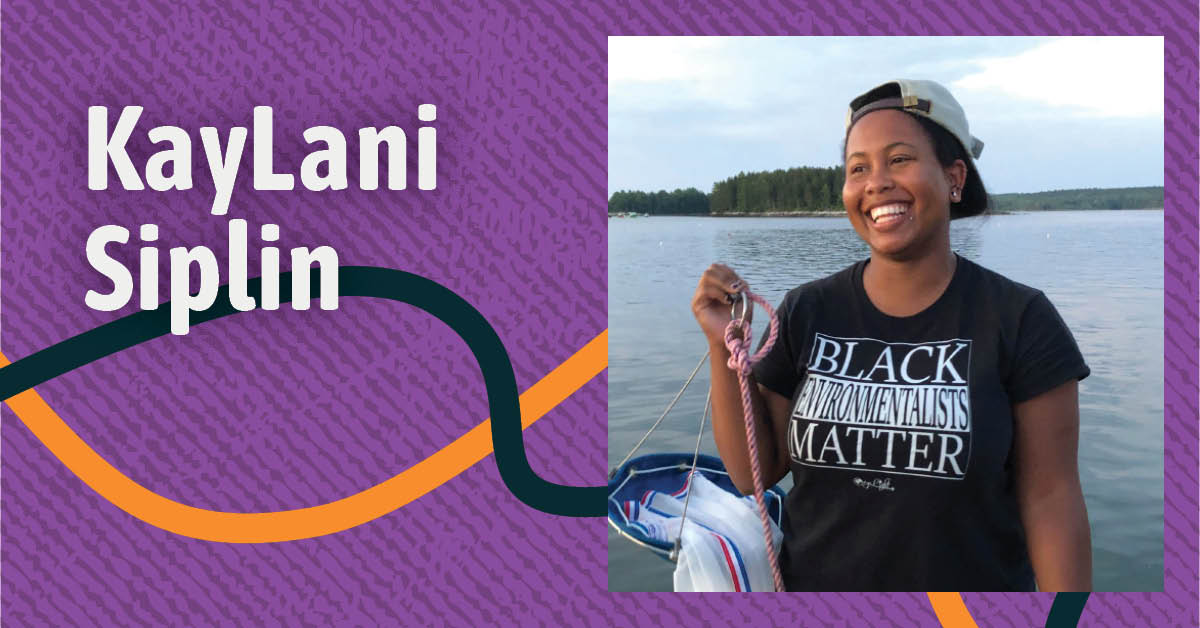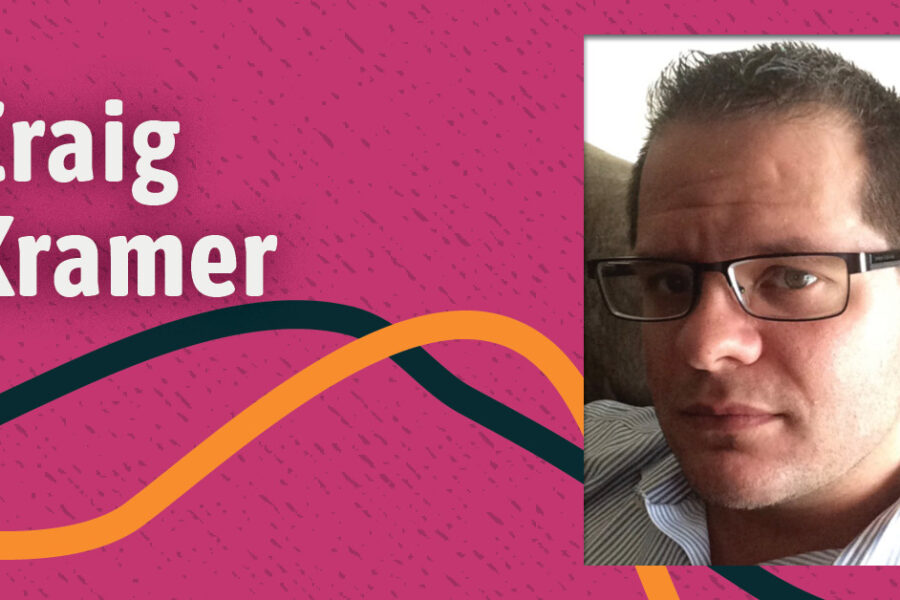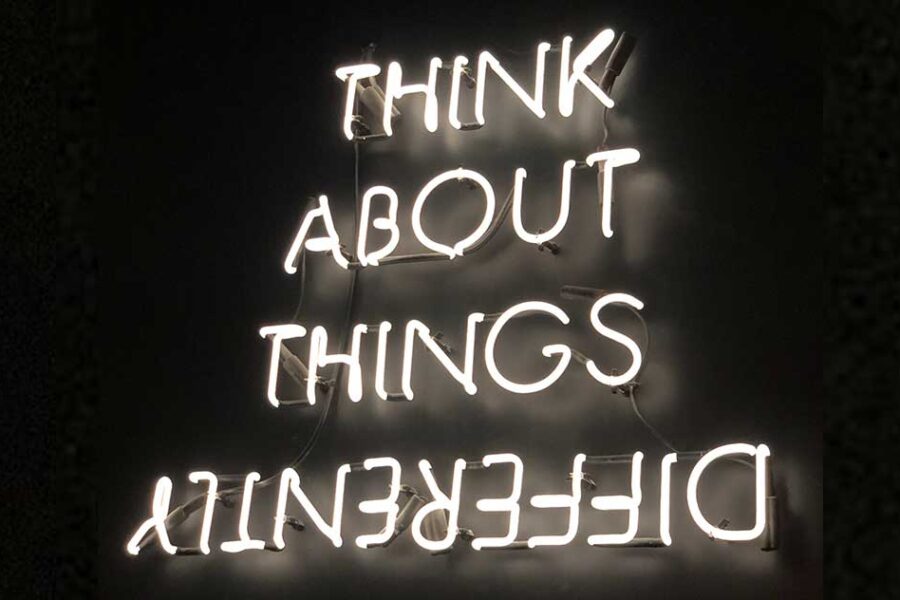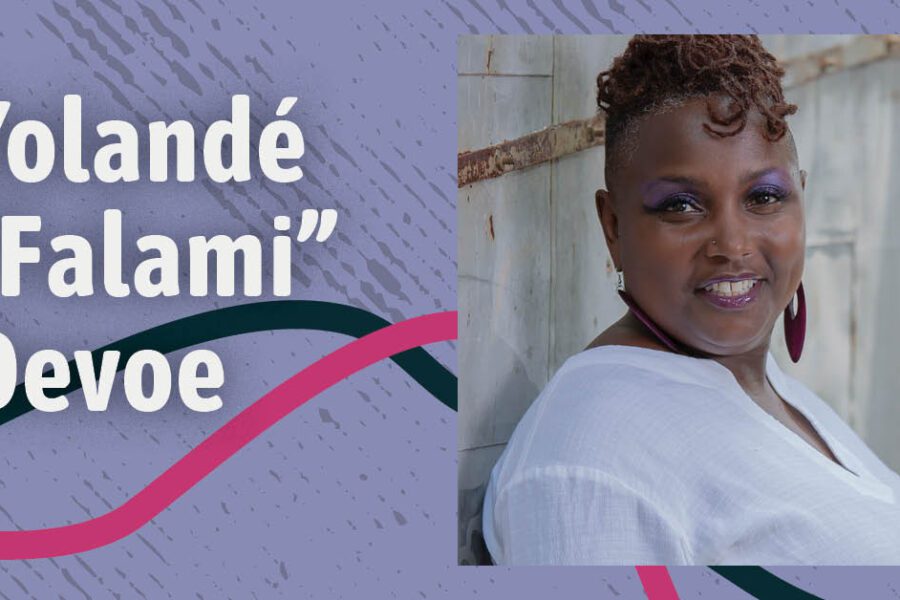From Antioch University Seattle’s MA in Education with Urban Environmental Education (UEE) Program’s Alumni Journal.
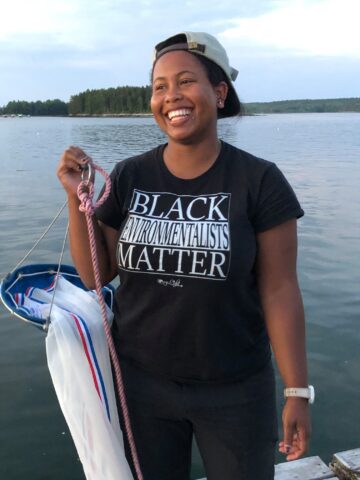 I’ve been working as an environmental educator with Island Wood’s Urban Schools Programs. We partner with teachers to connect classroom learning to real-world environmental examples in students’ own communities. I design and deliver water-themed programs at King County’s Brightwater Wastewater Treatment Plant in Woodinville. We also offer field studies for classrooms that focus on neighborhood creeks, streams, and stormwater infrastructure in Seattle.
I’ve been working as an environmental educator with Island Wood’s Urban Schools Programs. We partner with teachers to connect classroom learning to real-world environmental examples in students’ own communities. I design and deliver water-themed programs at King County’s Brightwater Wastewater Treatment Plant in Woodinville. We also offer field studies for classrooms that focus on neighborhood creeks, streams, and stormwater infrastructure in Seattle.
The pandemic presented some challenges for us as we are usually out of doors and in the field. We had to revamp our regular programs to be in an online space. This year, we’ve delivered 45- minute virtual sessions about stormwater and other natural features in local communities. One of the most difficult challenges with teaching online is equity. Not all students have access to the internet.
When kids are allowed to learn together outside again the satisfaction of teaching will increase. It is hard to do natural history education over the internet. I’d like to expand what I’ve been teaching beyond stormwater. I am a natural history person. I’d like to teach a wider range of ecological knowledge. I have a strong desire to work with the marine environment. I’ll be teaching at the HogIsland Audubon Camp in Maine again this summer. I’ll be working with classroom teachers, showing them how to use coastal landscapes to develop curriculum and outdoor techniques within the marine environment.
The UEE program helped me understand community-focused educational practice. As I learned how to engage the community more deeply in exploring and understanding their local environment, I realized that my educational approach needed to change.
Before UEE, I had a list of things that I wanted people to learn before I actually met them or learned about their community. Getting kids and adults immersed in their home environments is critical to cultivating the kind of caring that leads to action. Now, I spend time listening to their questions and the things that they’ve observed. It is shifting the ‘banking’ theory of education to a more personally relevant perspective. I know now how important real-life examples are to making meaning out of urban issues.

